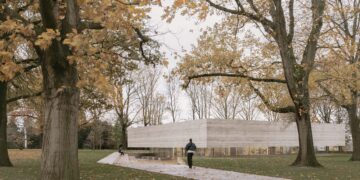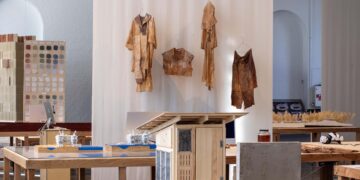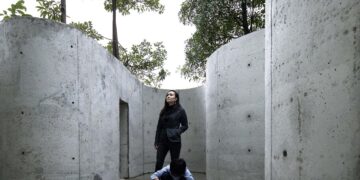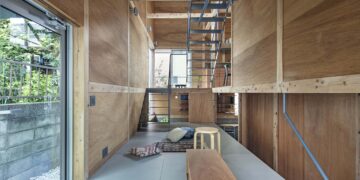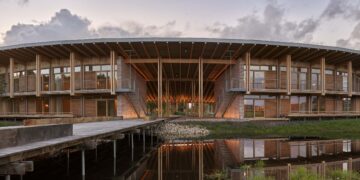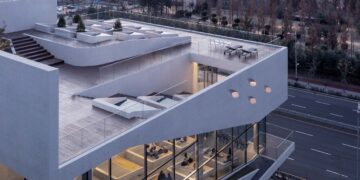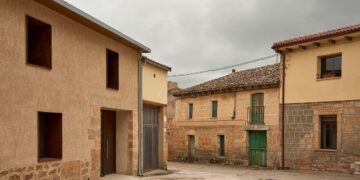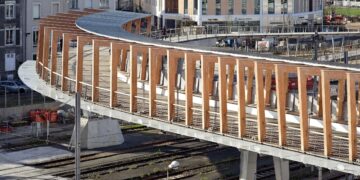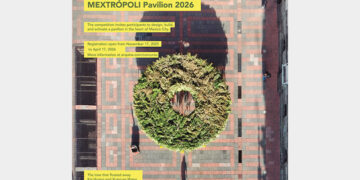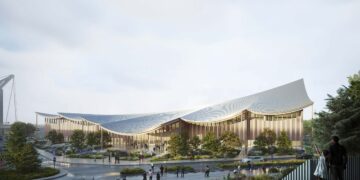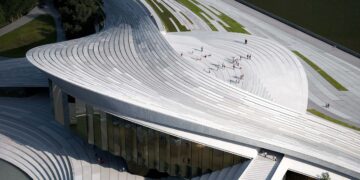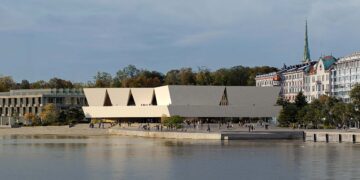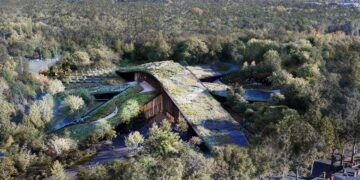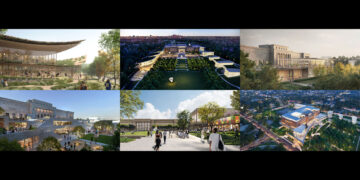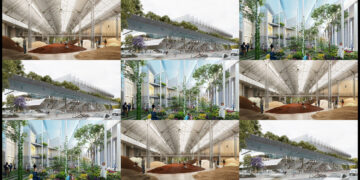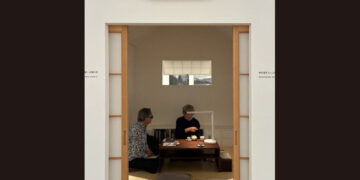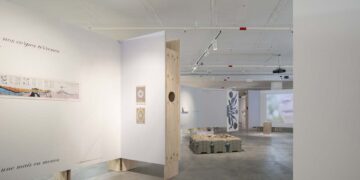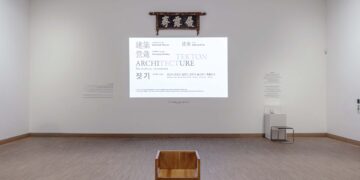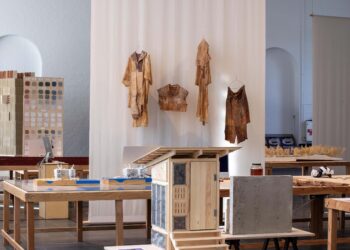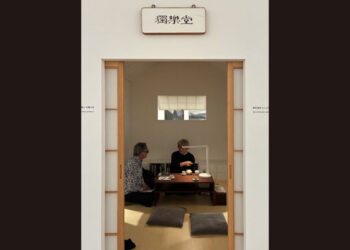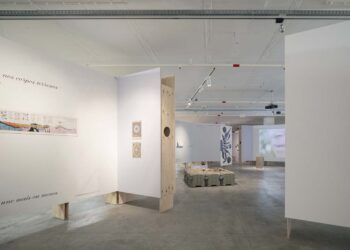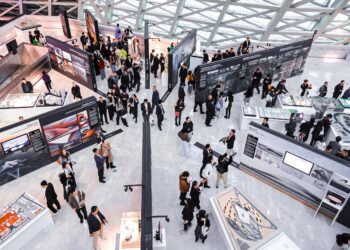
La Biennale di Venezia announces that the 17th International Architecture Exhibition – How Will We Live Together? – curated by Hashim Sarkis, which was to take place in Venice from August 29th through November 29th 2020, has been postponed to 2021, to be held Saturday May 22nd to Sunday November 21st.
Curator Hashim Sarkis stated: “I hope that the new opening date will allow them first to catch their breath, and then to complete their work with the time and vigor it truly deserves. We did not plan it this way. Neither the question I asked How will we live together? nor the wealth of ways in response to it, were meant to address the crisis they are living, but here we are. We are in some ways fortunate because we are well equipped to absorb the immediate and longer-term implications of the crisis into the Biennale Architettura 2021. The theme does also provide us with the possibility to respond to the pandemic in its immediacy.”
In its broad-ranging gaze, the Exhibition curated by Hashim Sarkis captures the structural problems of contemporary society. He observes that, in every corner of the world, phenomena of intense change are underway; they all differ but what they share is a need for important “adjustments” in living conditions. Thus, the gaze of the curator and the Exhibition ranges even further afield. Architecture becomes the reference point of a vast interdisciplinary commitment and of a vast cultural and political commitment.
“We need a new spatial contract – said Hashim Sarkis. In the context of widening political divides and growing economic inequalities, we call on architects to imagine spaces in which we can generously live together. In effect, the Biennale Architettura 2020 asserts the vital role of the architect as both cordial convener and custodian of the spatial contract.”
“The question, “How will we live together?” is as much a social and political question as a spatial one. Aristotle asked it when he was defining politics, and he came back to propose the model of the city. Every generation asks it and answers it differently. More recently rapidly changing social norms, growing political polarization, climate change, and vast global inequalities are making us ask this question more urgently and at different scales than before. In parallel, the weakness of the political models being proposed today compels us to put space first and, perhaps like Aristotle, look at the way architecture shapes inhabitation for potential models for how we could live together.”


